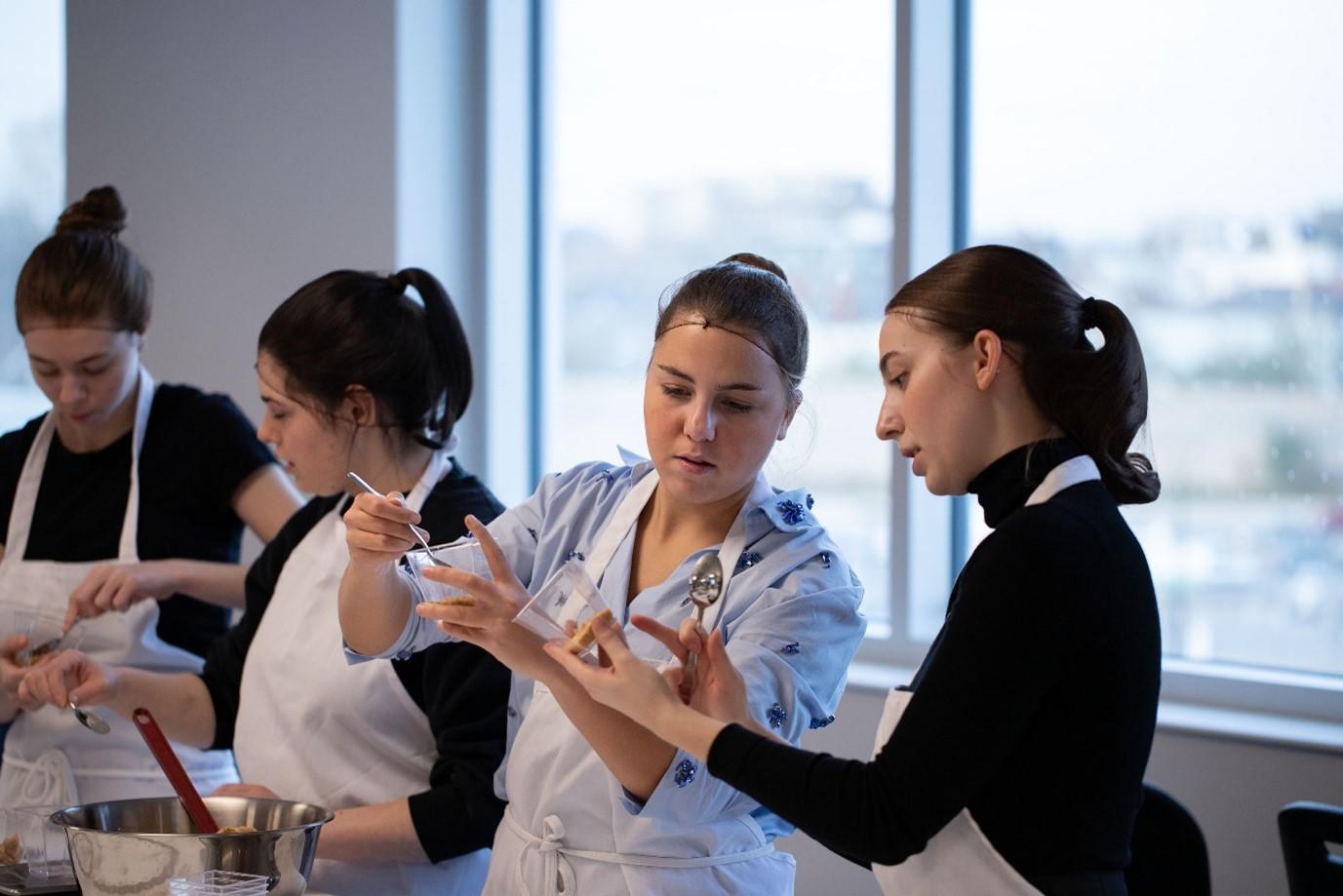Professor Fernandez is an expert on online food environments. She studies the impact of the Internet and new technologies on our health and food choices, from how we choose food to how we prepare and eat it.
One of her research projects focuses on what food influencers say on social media and the factors that contribute to the popularity of their messages. In an online environment where anyone can disseminate information on food and nutrition, regardless of their qualifications or expertise, the risk of spreading false information is considerable.
Number of followers does not equal expertise
Using criteria adapted from an article by the Dietitians of Canada titled “How to Find Food and Nutrition Information You Can Trust,” Professor Fernandez, along with fellow researchers Kim Raine (University of Alberta) and Sophie Desroches (Université Laval), and a team of students found that the least credible influencers had ten times more followers than those identified as the most credible, including dietitians.
The researchers looked at influencers who had at least 10,000 Instagram followers, with some accounts having over a million. The team analyzed each influencer’s website and found that low-credibility individuals described themselves as entrepreneurs and used a variety of tactics to promote their ideas, services and products.
One of these tactics was to “hide disinformation or a product placement in among several more informative publications in order to lend it credibility,” Professor Fernandez explains. Some influencers also claim to be “clinical nutritionists,” a title that does not correspond to any of the regulated health professions in Canada. Others call themselves “holistic nutritionists” or “naturopathic nutritionists”, which “misleads the public into thinking that they are experts in the field.”
In general, Professor Fernandez recommends that we should be wary of miracle products, such as those that promise weight loss in just a few weeks, and of publications that encourage radical changes in diet.

Sorting out what’s real from what’s not
Professor Fernandez says that the overabundance of information on social media makes the online world especially confusing for consumers. In another research project, she is looking at deficits in critical thinking among the general public.
To assess this, Professor Fernandez asked a sample of 21 non-nutrition students from the University of Alberta to decide on an influencer’s credibility based on their website. The participants had two minutes to make their determination, which is roughly the amount of time the public usually spends on this kind of assessment.
The result? Only 25% of students were able to determine that the influencer was not credible. According to Professor Fernandez, more often than not, the information that seems the most credible is the most popular. In other words, the public judges an influencer’s credibility primarily by the number of followers they have.

Viral versus ethical
According to Professor Fernandez, one of the reasons for the greater popularity of non-credible influencers is that they are free to post anything they want in any way they want, while health-care professionals “have their hands tied” by the associations to which they belong.
She notes the gap between the restrictive practices imposed by professional associations and the most effective strategies for capturing user attention on social media. For example, an Instagram short that sensationalizes the information being presented is more likely to go viral. “So it’s much easier for an unfettered influencer to create imaginative, attention-grabbing posts than it is for a dietitian,” Professor Fernandez notes.
She recommends that consumers check the credibility of nutrition content by being careful and by paying attention to clues that can help them decide whether the influencer is credible, such as: Are they trying to sell you something? Are they touting miracle solutions?
